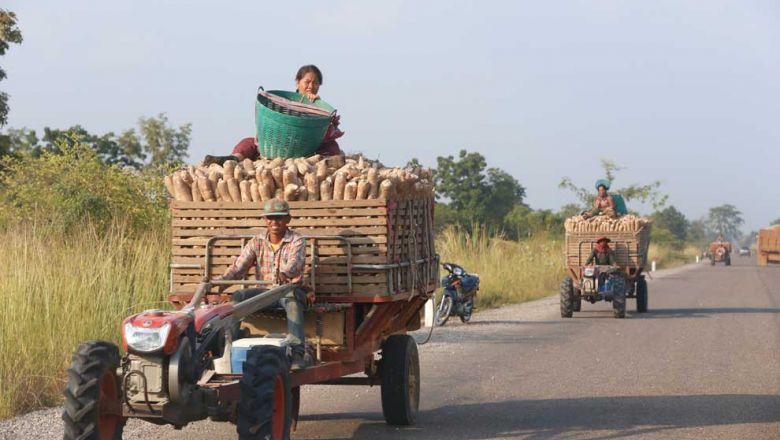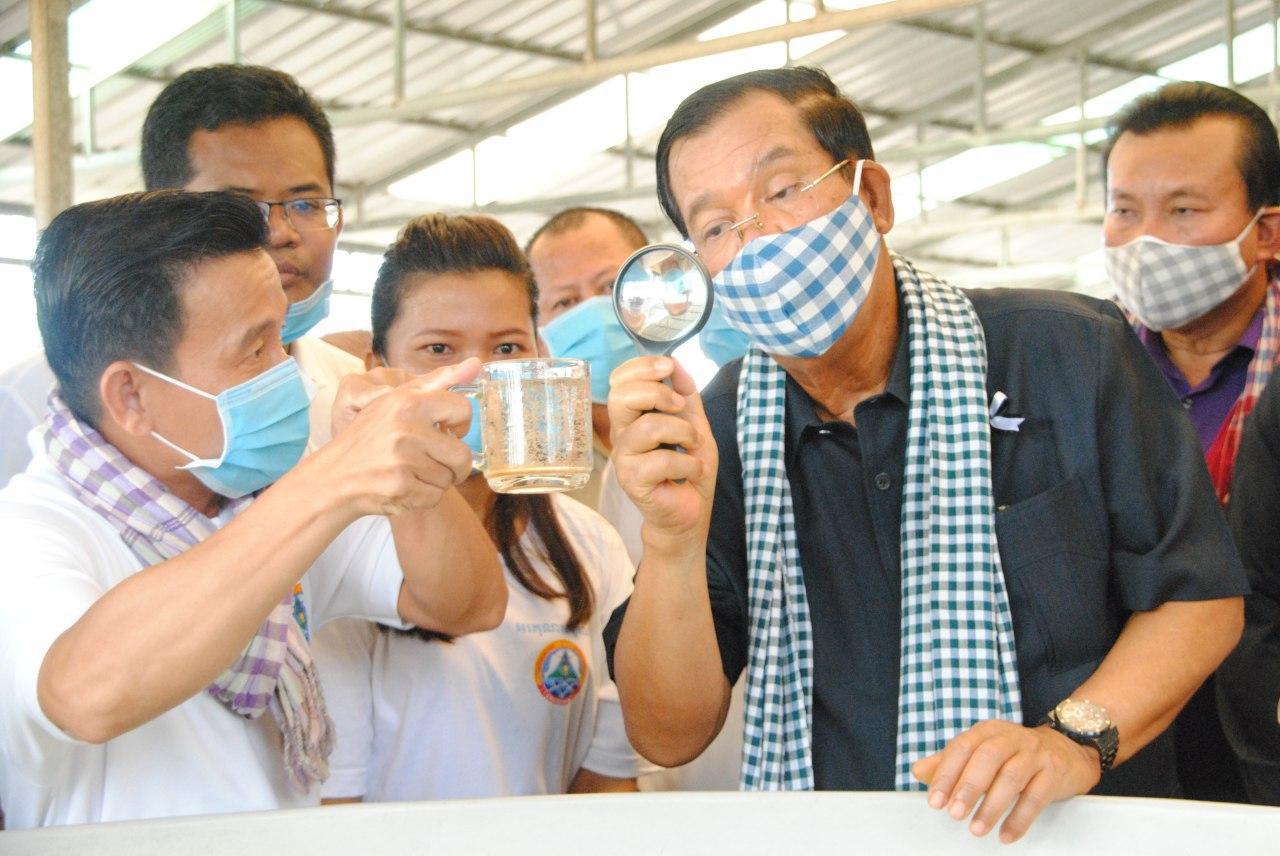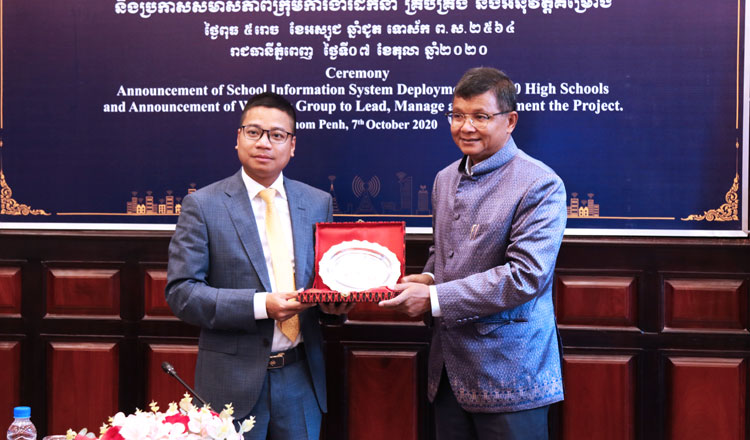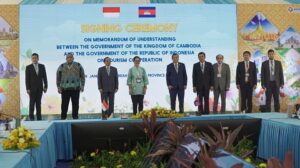New law a boon for cassava exports
The government approved a draft law on the National Cassava Policy 2020-2025 in a bid to boost processing for export to international markets and attract investment to the industry.
The draft law was given the green light on August 14 during a closed-door Cabinet meeting at the Council of Ministers chaired by Prime Minister Hun Sen.
The law aims to transform the Kingdom into a sustainable producer, processor and supplier of cassava for the regional and global market, the government said in a press release.
The policy outlines three primary objectives – first, the transition from traditional or family-based cassava operations to commercial production, as well as the application of agricultural techniques that enable farmers to earn high incomes and manage land to meet changing human needs, and brings them closer to climate-smart agriculture.
Second, support for cassava processors that can expeditiously supply the market with value-added cassava products, as well as initiatives to draw in more investment in the sector.
Third, creating and sustaining a competitive trade advantage through a unified inter-sectoral approach among entities relevant to exports by promoting market penetration and dimensions, streamlining trade processes and cutting unnecessary costs.
UN Development Project (UNDP) resident representative in Cambodia Nick Beresford told The Post that National Cassava Policy 2020-2025 sets a clear vision for the cassava sector to move up the value chain so more of the gains from this expanding sector are captured in the Kingdom.
He said the policy aims to strengthen cassava processing capacity and to improve the quality of end products to supply the domestic market, and to compete in international markets.
“To achieve this, the policy helps to match public and private investment, including farmers’ investments, to build a sustainable and inclusive value chain. This can bring about a focus on niche, high-end products such as organic starch and sweetener.
“The policy also encourages investment in sustainable production by prioritising research and development of sustainable practices in the sector.
“These practices can support farmers to increase productivity and quality management to sell their products at higher prices.
“Finally, the policy will help to stimulate local production by attracting both foreign and domestic investment for cassava processing industries,” he said.
He highlight that Cambodia currently exports cassava-based products across the globe, with China, India and Italy being the primary importers of Cambodia’s starch.
Other importers include the US, the Czech Republic, Netherlands, Vietnam, Pakistan, Belgium, Malaysia, Germany, the UK and Canada.
He said: “The national cassava policy is an important opportunity for Cambodia to focus on sustainable cassava production and to promote agro-industrial development that can strengthen both domestic and international demand for the country’s cassava-based products.”
Today, cassava is one of Cambodia’s main agro-industrial exports, accounting for between three and four per cent of gross domestic product (GDP), the government said.
A UNDP study in November found that investing in cassava can be more profitable than investing in the rice production, livestock, food and beverage, and tourism sectors. Direct fiscal gain from the cassava sector is estimated to be about $130 million over 10 years.
This is similar to the equivalent figures for the rice, livestock and food production sectors, but less than the $151 million contributed by tourism.
The UNDP report said about $296 million is needed in a public investment package for the development of the Kingdom’s cassava sector, citing a lack of focus on domestic processing.
The Kingdom exported more than 3.29 million tonnes of cassava last year, ballooning 27 per cent from the 2.59 million tonnes in 2018, the Ministry of Agriculture, Forestry and Fisheries reported.
Credited: The Phnom Penh Post







